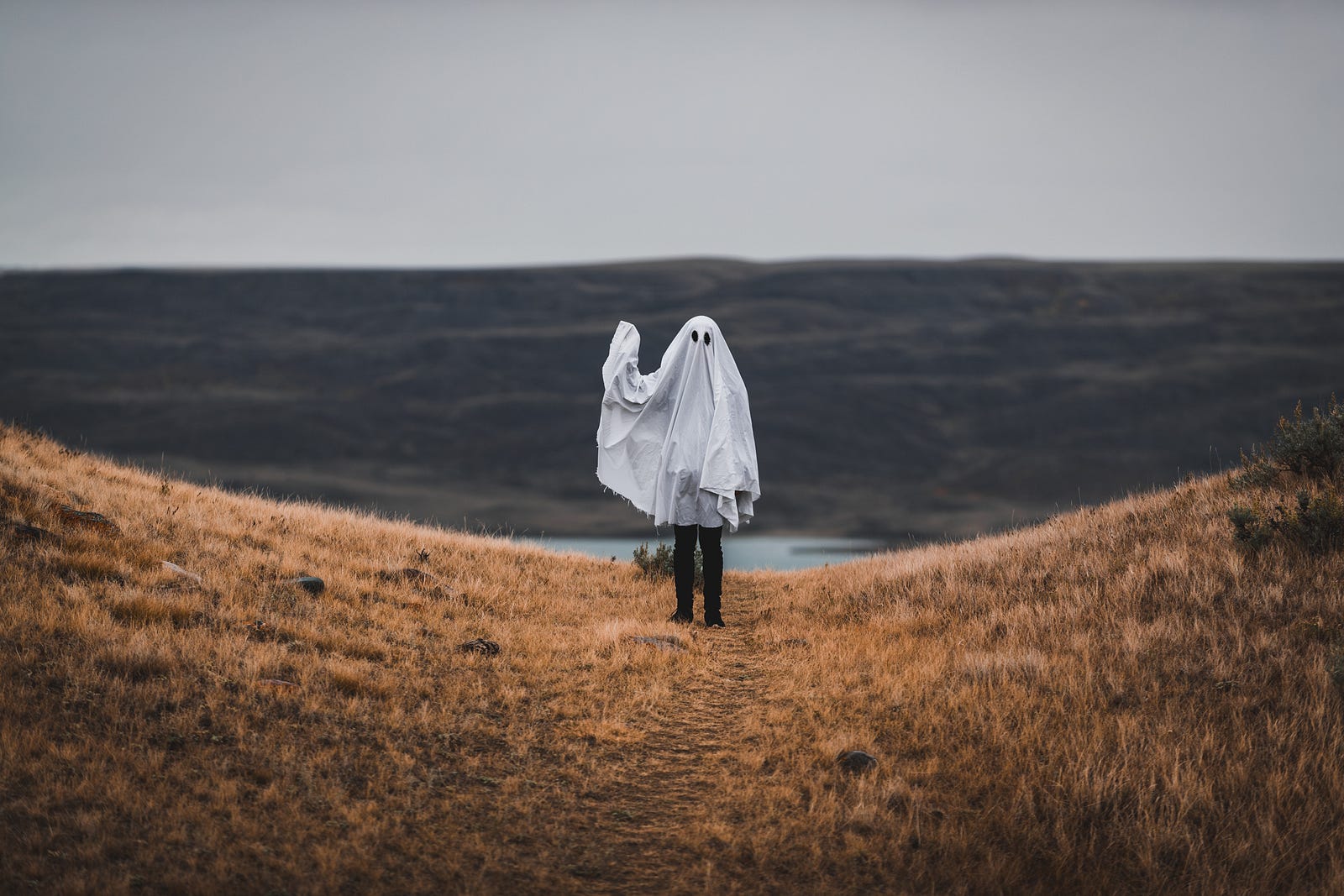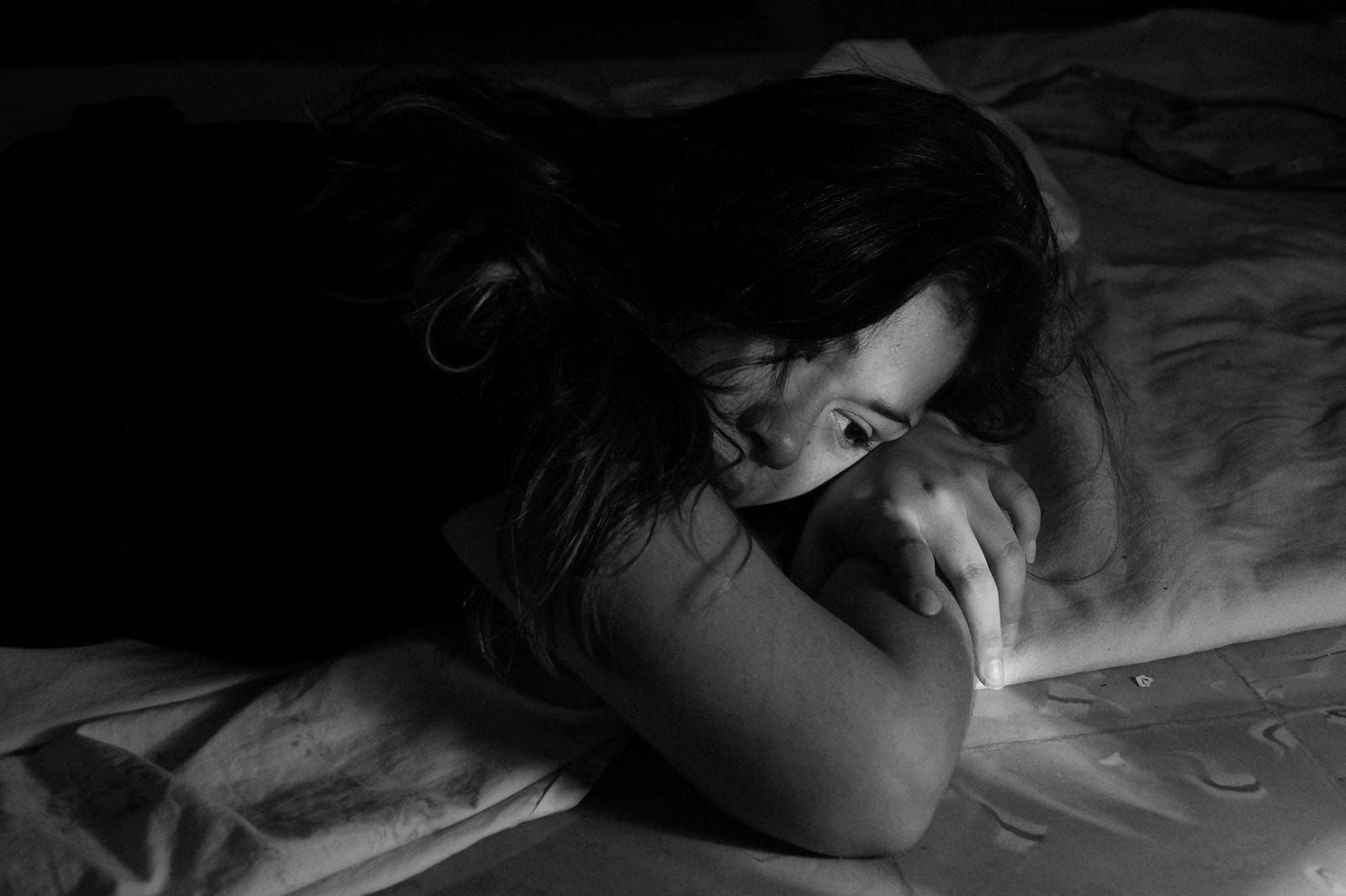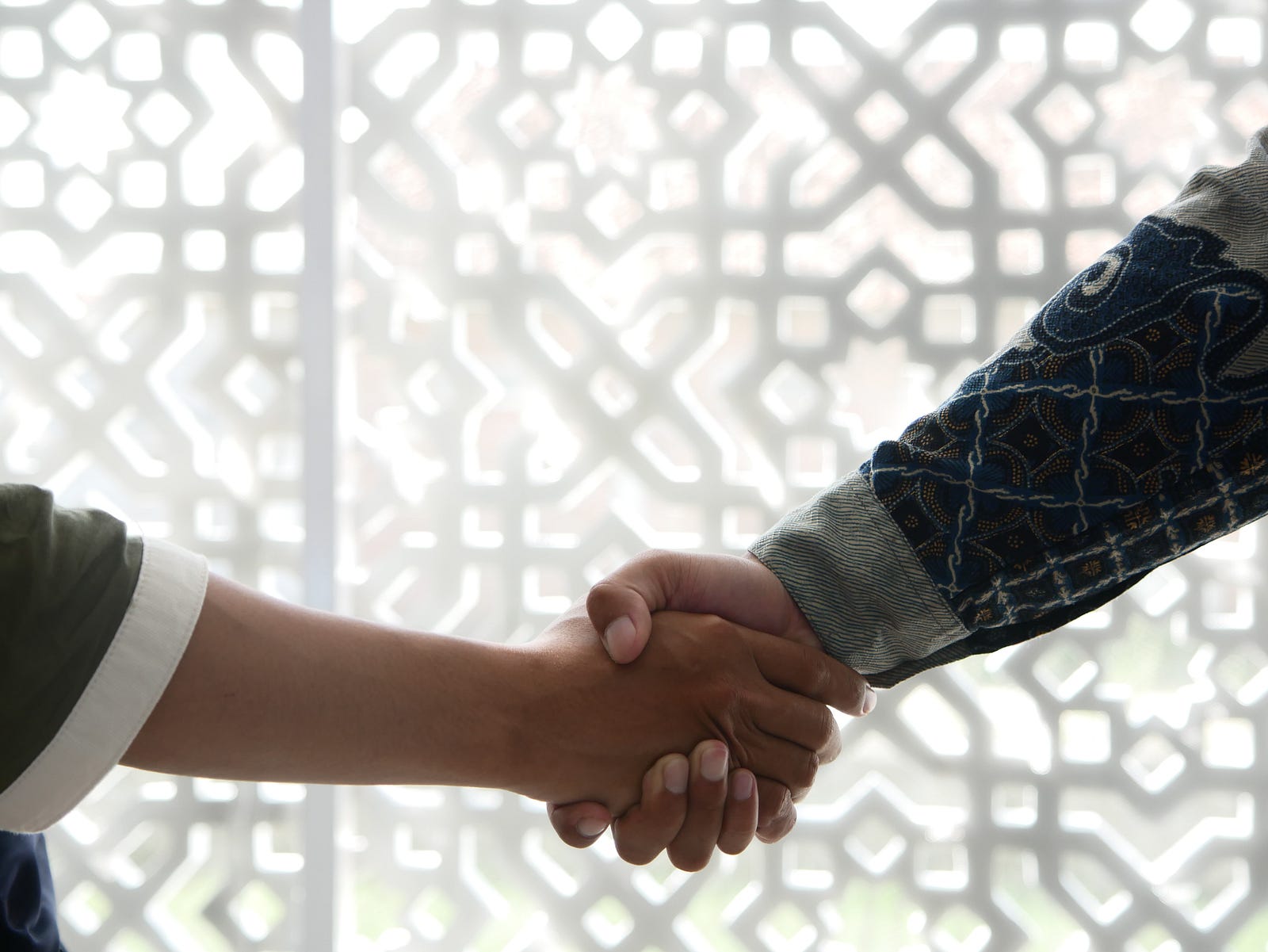- Jonathan Nott
- Posts
- Stop Blocking People Online, Take This Healthier Approach Instead.
Stop Blocking People Online, Take This Healthier Approach Instead.
Alternative methods to a drastic action.
Stop Blocking People Online, Take This Healthier Approach Instead.
Alternative methods to a drastic action.
Blocking someone on social media is like cancelling them.
“To block or not to block? That is the question.”
With these methods below, you’ll become a more resilient human.
We’re given a tool on our favourite social media that, if used for poor reasons, polarises our worldview, a button that extends our life inside an echo chamber and a button that can lead to guilt and heartache for both involved.
There are legitimate reasons for using this function, but I believe its existence causes more damage than good. Let’s explore how we can approach this healthier, benefiting both sides.
Why Block?
Blocking on social media has its place, and it’s sometimes effective to maintain good mental health. So there are good reasons to block someone, for example:
Harassment
It is one of the worst forms of human interaction; it's as annoying as those little mosquitoes that buzz past your ear as you try to sleep. You want it to go away!
Maybe someone is bombarding you with messages, suggesting inappropriate things, or showing poor behaviour. This person deserves to be blocked and reported!
Privacy
Maybe you’re very limited in who you allow into your social life.
For example, if you want to maintain separation between work and life, you may want to block certain work colleagues or managers from seeing your private life.
Spam
Ahh, yes, everyone’s favourite form of email. Just like those 1000 email lists you’re part of that suggest you click click click, you, unfortunately, experience the same thing on your social media platform.
Sometimes, you’re met with your DMs flooded with links to some random person's new bamboo frame glasses business. Sorry, mate, I'm not interested.

Photo by Tandem X Visuals on Unsplash
But if you’re using this tool to hide people you don’t agree with or people that didn’t agree with you, or because someone said something offensive, something you didn’t like or posts things you find annoying, you’re burrowing your head into the sand.
I get it; sometimes you want to curate your social experience to only focus on positive content and be less distracted, but if you use the block button because you’re emotionally triggered, question why.
Negative effects
Let’s not forget who is on the receiving end of being blocked. I’ve been blocked many times, and it’s not a pleasant experience, especially when your intentions or the reasons you got blocked are misinterpreted or misrepresented.
I’ve been involved in heated arguments in groups, pointed out people's behaviour publically and likely hurt people. I have never intended to do so, but sometimes it can be perceived that way.
When I’ve realised I’ve been blocked, I feel horrible. I feel like I’ve genuinely hurt someone, and now there is zero chance for me to clarify, apologise or rectify the situation. They suddenly don’t exist anymore.
It can be very frustrating; there’s a build-up of emotions and no way to resolve it.
Blocking is a breakdown of communication. Communication is our most underdeveloped skill.
Consider your reputation; what character traits are you showing the other person or people by blocking them?
What happens if the person you blocked is local to you and you bump into them in real life?

Photo by Vincent van Zalinge on Unsplash
I’ve blocked someone before…
A former girlfriend of mine (let’s call her Jenny) was blocked mainly because of my girlfriend at the time (let’s call her Jane). I was afraid to upset Jane or cause Jane to get jealous if she knew that I was social friends with Jenny or had any online interactions with Jenny.
But that was shit for Jenny.
Jenny and I separated amicably; we stayed in contact after the breakup, but then suddenly, I was gone from her life forever. It must have felt pretty shit for Jenny to know that someone they’ve had a human experience with is suddenly no longer to be seen online.
We live in a world where we see regular updates on people's lives, but for Jenny, someone she cared about suddenly vanished.
A few years later, I unblocked Jenny (after becoming single again), and I apologised — she told me it was very upsetting for her, but she was very forgiving. We reminisced on old days and shared a genuinely beautiful moment.
But, before this, I felt horrible; I felt guilty, and I was the one doing the blocking.
Consider the feelings of the other person before taking such drastic actions. I learned that another person is on the other side of the block. I selfishly didn’t want to cause any emotional distress on my side, but I failed to realise the emotional distress on the other side.
You’re blocking someone to protect your own emotions at the expense of others emotions.

Photo by M. on Unsplash
What’s the alternative?
If someone has upset you, think about their intentions, and if you genuinely can’t see any good, then ask them about it. Send them a message and ask them to clarify their meaning and intentions.
There are better ways to handle personal issues than just deleting someone from your life. How does that help you build confidence? How will you develop skills to deal with conflict in the real world?
Many of us today live our lives online, and there is a huge space for misunderstanding. Be mindful of this and consider the implications before smashing that block button.
Clarifying and connecting with the individual improves your confidence and helps you build emotional resilience. Reach out to the person and let them know how what they did or said made you feel; let them know that you didn’t respect their approach. Most people will respond positively to this; we are all human.

Photo by Masjid MABA on Unsplash
Summary
In our digital world, blocking someone on social media shouldn’t be taken lightly. While it’s a necessary tool for maintaining mental health and personal safety, it’s often overused for minor disagreements or discomforts.
We can foster healthier online interactions and build emotional resilience by considering alternatives like having a chat, asking for clarification, or simply chilling out for a second. Remember, every online action, including blocking, reflects our approach to conflicts and relationships in the broader context of our lives.
What is your experience with blocking or being blocked?